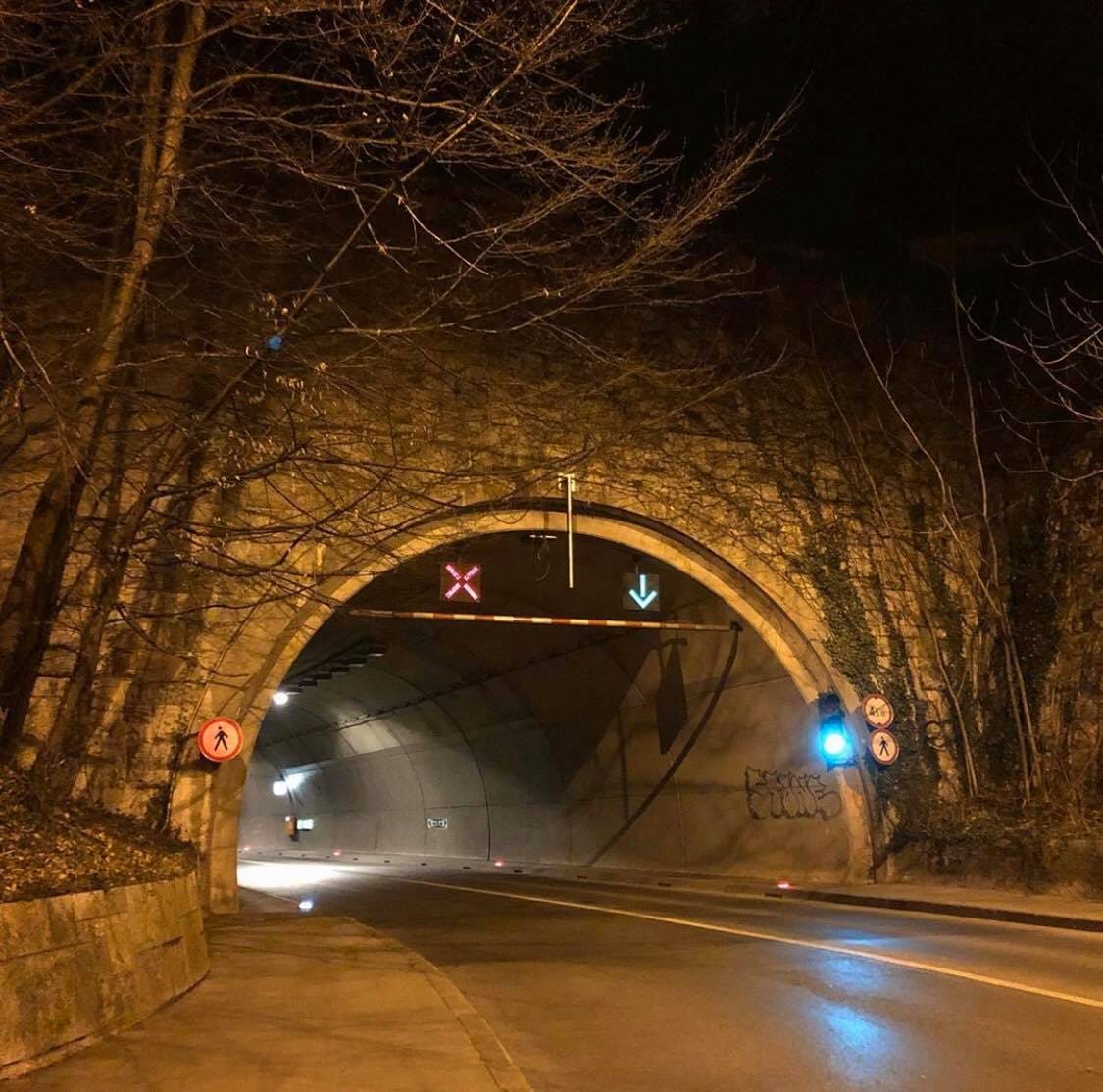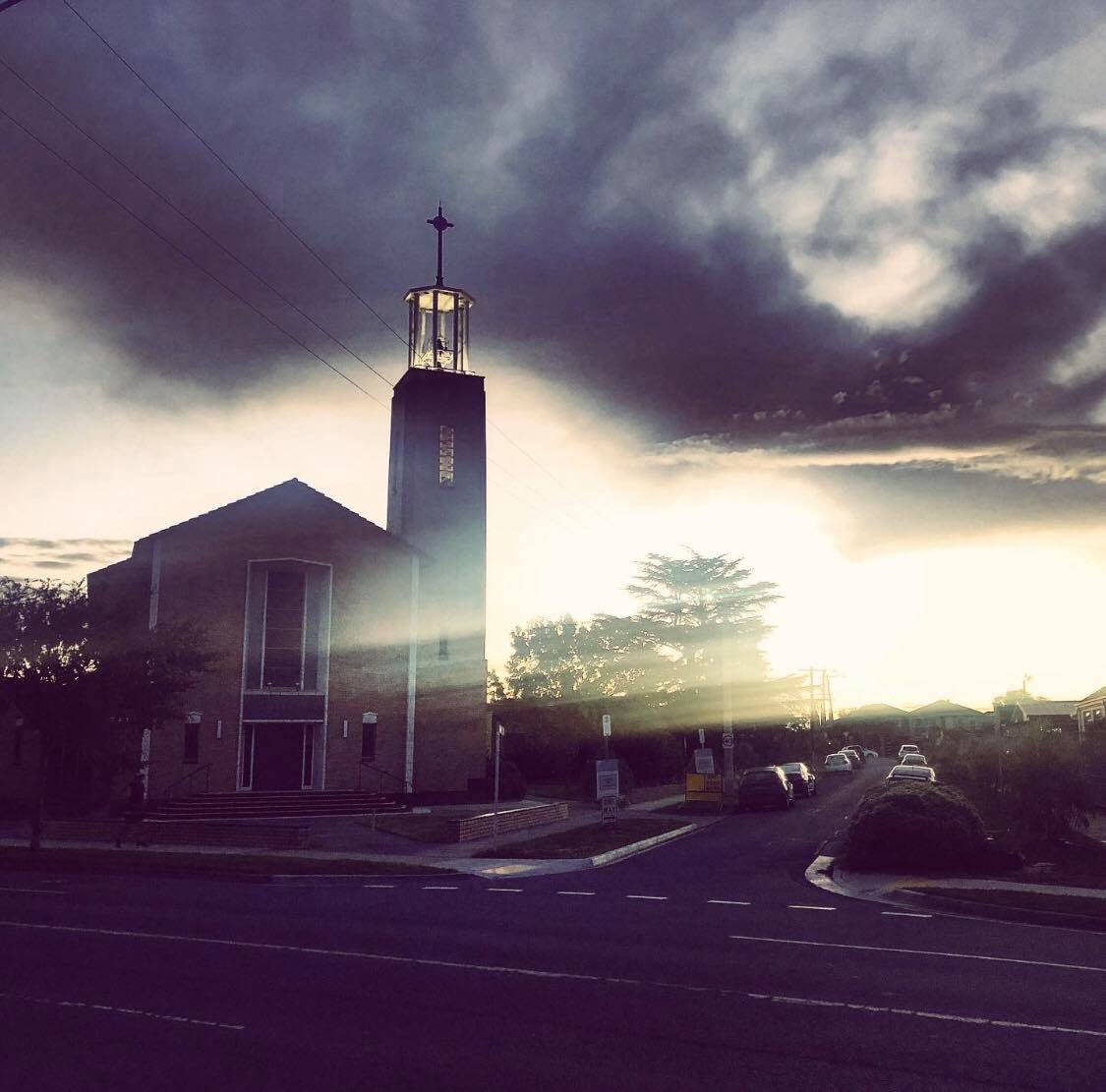Collapse

Ljubljana
In December 2019, I left my full-time job to start my own content strategy business, and to finish a new book. I took January off and then travelled to Europe in February. I planned to grow the business from March onward.
The virus has since tanked both my business and my writing career.
In February 2020, I was in Ljubljana. I’d been invited there to do some readings of my fiction and to give a talk on ‘zones’ at the Fabula literary festival. The next stop was supposed to be Italy. We’d been planning an Italian book tour to promote the local translation of my novel Applied Ballardianism: Memoir from a Parallel Universe. Trieste was first up, but with days to go, the virus hit northern Italy and the entire tour was cancelled.
My Italian contacts were in a state of confusion. The situation was changing daily. Information was conflicting and subject to wild rumour. One day, public spaces were open, then they were closed, then they were open again. Everyone thought that if northern Italy was locked down, then the south would be safe. Then the south went viral, and two-week edicts became months long.
After Italy, I was due to appear at an event in London. It was just over a week away. With the Italian tour vapourised, I bought a train ticket to Berlin. I planned to kill time there. I booked an Airbnb. The owner was edgy. He was slow to respond, evasive with details. Word came through that Germany was succumbing to the virus. In Berlin, I heard, people were still going about their business but there was public unease.
Something wasn’t right. It wasn’t just an Italian problem. I cancelled the train and the Airbnb. The owner sounded relieved on my behalf. He said I might never have been able to leave Berlin if I’d gone ahead. What did he mean? Martial law or viral death? My mind was ratty, and my paranoia and anxiety were spiralling.
I thought about going to England ahead of schedule. Information about the situation there was difficult to piece together. There were few extant cases in the UK, but there was panic in the voices of some people I spoke to. I kept thinking of what was happening back home. I sensed Australia was about to close its borders. Although relatively untouched by the virus, Australia is an island nation with some of the world’s strictest biosecurity laws. Lockdown was inevitable. I’ve watched too many dystopian science fiction films in my life. I could feel the net closing in. I made a quick decision to go home while I still could.
With the help of a friend in Ljubljana, I found somewhere to sleep that night. The next day, I caught a flight to Melbourne from Zagreb. There was a seven-hour stop at Doha, spent entirely in the airport. I remember thinking how familiar that vacuum-sealed environment was. A week earlier, I’d passed through Doha on the way to Europe.
I couldn’t be sure I’d ever left.
Doomscroller

Doha
On the flight home, I watched the plane's external camera on the seat console. I wondered what it would be like to witness, on that camera screen, another plane collide with our craft. I imagined our own deaths televised right before our eyes, in the seconds before we died.
About halfway through the journey, I became dizzy. I wanted to vomit. I tried to make it to the toilet, but I blacked out as soon as I stood up. I awoke face down on the floor of the aisle. When I was helped back to my seat, I saw on my phone that I’d sent a single tweet in the minutes before the dizzy spell. It said this: ‘I love it when Dark Lords of Twitter use exclamation marks. It humanises them!’ It contained a love emoji. I have no memory of writing it.
Back home, I began to doomscroll social media for virus news, constantly refreshing the feed, enslaved to a zombie reflex mechanism. It ruined my mental health and familial relationships. The endless tickertape doom parade—the death notices, the dire predictions, the shocking stories from the frontline—reminded me of the camera on the plane. Televised death rising up to savage the trapped voyeur.
I have become consumed with the most pointless nostalgia, a yearning for the very recent past. From Ljubljana, a possible future was about to unfurl, the book tour, the new business, but then it was deleted and time was suspended. I spent longer than planned in Ljubljana, waiting for the European situation to resolve. I learned to exist in limbo and now I don’t know how to exit from it. I don’t think I can conceive of another future to replace it.
Unless the cancelled book tour is a deep assignment.
For a decade, my Twitter handle was @ballardian. Now it is @simon_sellars. I have said all I can about J.G. Ballard. My research into this great writer’s work has produced a PhD, two books (Applied Ballardianism and Extreme Metaphors), and a website, Ballardian.com, that has been online for 15 years.
My Ballard focus has become a stereotype. I’ve become acutely aware that I am no longer commissioned for speaking or writing about anything else. Sometimes, that focus has become an invitation to sustained hostility from people who seem to actively resent the research angle I’ve pursued for so long.
For the past year, I have been working on a second novel. It imagines a near-future world of full-bleed augmented reality and the rise of a new occultism: digital ghosts, haunted AR, trickster AI. It’s an attempt to road-test new ideas. While my obsessions are essentially the same, they are refracted differently. I’m trying to write straight science fiction for the first time.
A couple of short stories set in the same fictional universe have been published.
I know I can finish the novel if I forget to live in the past.
If I forget that I am in between work, timezones, lives.
If I forget that I am in the throes of ongoing career sabotage.
If I forget that I still have no real sense of my professional direction.
If I forget that I am old and getting older.
If I forget that I am an author with a minor following.
I follow many other writers. Some are niche, like me. Many have vastly larger appeal. Many are struggling. The publishing industry is fracturing during this seismic global moment.
The scenery has been obliterated for every actor.
The Politics of Sleep

Melbourne
‘Sleepy Brain’ is the title of an online magazine I published almost two decades ago. It started me off as a writer and editor.
‘Sleepy Brain’ is the title of a chapter in Applied Ballardianism.
It records a sequence in which the narrator suffers concussion after a road accident. He retreats into an indeterminate zone deep within his mind. Time is circular there. The past, present and future are scrambled. Lived experience instantaneously passes into memory and is then immediately relived as a haunting of the present by a future that he has already visited.
I am tired all the time.
I am suspended between what was, what could’ve been, and what is likely. The viral crisis is a form of social dementia with no beginning, middle or end.
Last year, I succumbed to recurring nightmares in which my throat was slashed by an unknown assailant. I’d wake up clawing at my neck. Every time, the ambient light in the room would fade to black, the life draining from my eyes as I breathed my last. I must have experienced my own death at least ten times that year. It was exhausting, terrifying and inexplicable.
This year, during the quarantine season, many people are reporting weird and persistent dreams. Corona dreaming is a phenomenon. But my dreams are unavailable. If I have been dreaming during this strange time, I can’t remember any of them. I still can’t sleep.
‘Sleepy Brain’ is the title of this newsletter.
It will appear once a week.
Please subscribe, if you like what you see.
— Simon Sellars





Hang in there, buddy, the world is sinking fast, and we're the last remnant of sanity left among the ruins. Keep the Aspidistras flying! (Orwellian joke...).
Hey Simon, this is covidously heart-warming. Kudos.